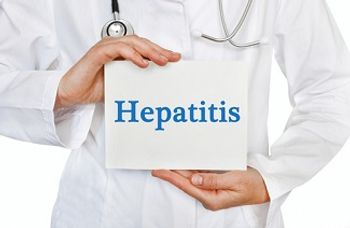
In the second part of their interview, Debika Bhattacharya, MD MSc, and Su H. Wang, MD, MPH, FACP, continue the conversation around the difficulties of getting people into care, and what the new hepatitis B guidelines hope to improve in this area.

In the second part of their interview, Debika Bhattacharya, MD MSc, and Su H. Wang, MD, MPH, FACP, continue the conversation around the difficulties of getting people into care, and what the new hepatitis B guidelines hope to improve in this area.

Corey Fishman and Steven Aronin, MD, discussed trial highlights of Orlynvah for uncomplicated urinary tract infections and outlining plans to seek partners for a market launch to address antibiotic resistance and enhance patient treatment options.

Iterum Therapeutics receives approval for Orlynvah as the first oral penem for treating uncomplicated urinary tract infections in adult women with limited treatment options.

Jose Alexander, MD, offers some insights on the antimicrobial and its activity against various gram-negative pathogens such as pseudomonas, enterobacterales.
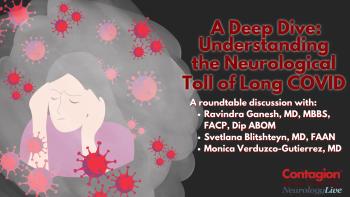
Without a specific tailored Long COVID therapy, individualized treatment based on patient phenotypes, along with extensive evaluations, is essential for effective symptom management.

Christine Slover, PharmD discussed cefiderocol's effectiveness against challenging infections, including those caused by multi-drug resistant bacteria.

David Richards emphasized the therapy’s potential to enhance antibiotic effectiveness by targeting bacterial biofilms, a significant challenge in treatment.
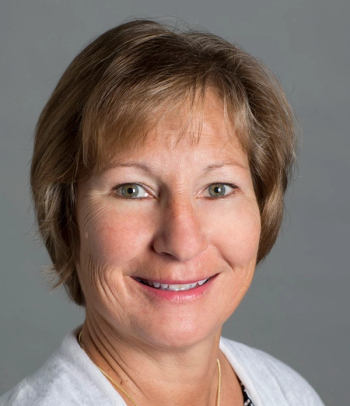
Carol Pandak, EdD, director of PolioPlus, Rotary International, discusses the significance of this day and efforts that continue around the world to work towards eradication of this disease.

Nigel McCracken, PhD, presents a diagnostic test to identify early T cell dysfunction in syndromes like Long COVID and ME/CFS, aiming to improve treatment strategies before symptoms escalate.

Anushua Sinha, MD, discussed the findings, highlighting a 60.4% reduction in medically attended lower respiratory infections and significant decreases in RSV-related hospitalizations.
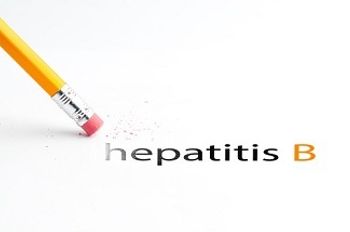
Debika Bhattacharya, MD MSc, and Su H. Wang, MD, MPH, FACP, provide important insights on the latest in hepatitis B (HBV) clinical care.

The STOP-CDI intervention presented by Matthew J.Ziegler, MD MSCE revealed using prophylactic enteral vancomycin, significantly reduced hospital-onset C difficile infections among immunocompromised patients.

John McLaughlin, PhD, examines high-risk individuals with prior SARS-CoV-2 immunity and presents that Paxlovid reduces the risk of hospitalization, death, and severe symptoms, highlighting its ongoing value for high-risk patients in a post-peak pandemic landscape.

Invivyd’s Chief Scientific Officer Robert Allen, PhD, discusses the company’s pemivibart (Pemgarda) including its administration, how it can be used in concert with vaccines, and how it protects against newer variants.
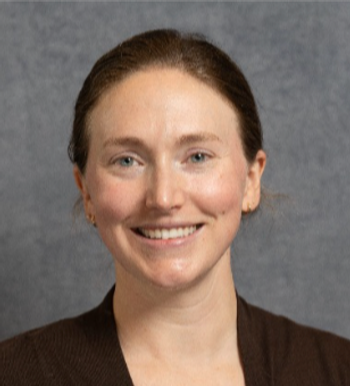
Elizabeth Hastie, MD discussed the LATITUDE trial results, highlighting the need for wider access to this treatment, especially for those not virally suppressed, and could help shape future healthcare guidelines.
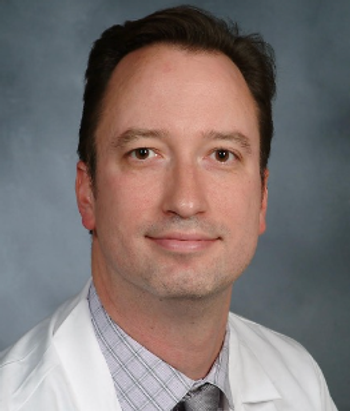
Study results show that the vaccine elicits a comparable immune response in high-risk adults aged 18-59 with chronic medical conditions, suggesting potential for broader vaccination efforts.

With the approval of newer products, clinicians have tools to prevent the respiratory virus in the most vulnerable population. Helen Chu, MD, MPH, offers some insights on their efficacy and the nuances of the delivery of the 2 immunizations.

Evelyn Wu, MD, reveals a rise in tick-borne diseases in New Jersey over the past two decades and correlations with the influence of warming climate conditions.

Cornelius Clancy, MD, highlights the real-world outcomes of cefiderocol treatment for serious gram-negative bacterial infections, reporting a clinical success rate of 75% along with encouraging safety data.
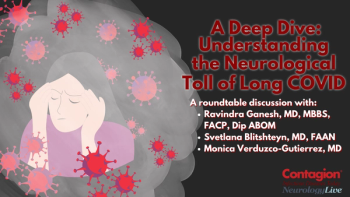
In our latest roundtable series, experts highlighted research showing that even mild COVID can result in cognitive impairment including brain fog and IQ decline.

Peggy Lillis Foundation CEO Christian Lillis believes patients need a seat at the table so he is advocating for past patients to become ambassadors to be a voice to help shape treatment and also continue to raise awareness about the infection.
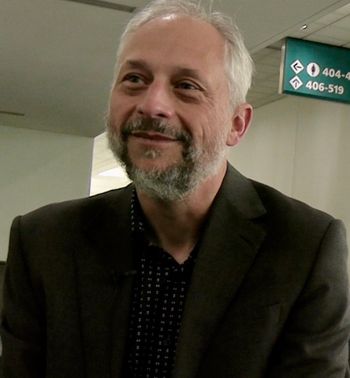
Sean N Tucker, PhD, highlighted that VXA-GI.1-NN demonstrated safety and efficacy in reducing norovirus infections, marking a potential treatment in prevention for a diverse range of demographics.

At ID Week 2024, an investigator, Amanda M. Casto, MD, PhD, discusses her work on the CASCADIA study, which examined infection rates in this setting, and how it challenged assumptions that there is likely a singular carrier bringing viruses into homes.
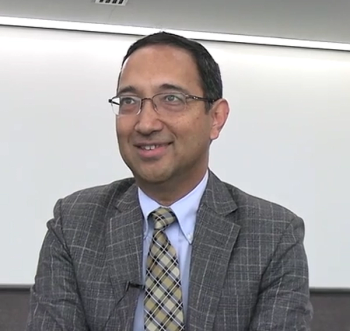
Nabin K. Shrestha, MD, MPH, evaluates the Cleveland Clinic's Outpatient Parenteral Antimicrobial Therapy (OPAT) program, revealing its effectiveness in managing infections while highlighting challenges in monitoring and the impact of infectious disease pharmacists on patient outcomes.

Karine G. Le Roch, PhD, discussed her research on a kalihinol analog that combats drug resistance in malaria, emphasizing the need for innovative treatments in the context of climate change and rising transmission rates.

GS-1720 could offer a weekly dosing option for individuals living with HIV, supported by a good safety profile with no serious adverse events, which has led to the initiation of a Phase 2 study.

The Gilead capsid inhibitor has been shown to have less adverse events compared to another PrEP, and the company plans to begin regulatory filings for approval before the end of this year.

In our latest roundtable series, the discussion addressed Long COVID prevalence, underreporting, accurate diagnosis, and emphasized that Long COVID serves as an umbrella term.

A holistic, multifaceted approach with a variety of stakeholders are needed to address antimicrobial resistance (AMR). The recent UN meeting on this topic looked to bring together government leaders, industry, and public health officials to discuss strategies regarding the global health crisis.

Carter Keller discusses the company's recent $135.2 million contract with BARDA to develop recombinant polyclonal antibody therapies targeting botulinum neurotoxins and an unspecified biothreat, highlighting their innovative approach to address emerging health threats.